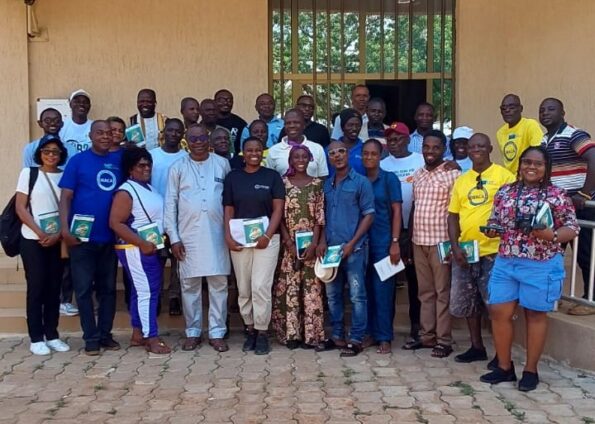The Coastal Civil Society Organizations Forum (CCF) has initiated a five-day study trip to Togo and Benin to observe the successful implementation of coastal protection projects under the West Africa Coastal Areas (WACA) Resilience Project.
This visit aims to gather insights that will help Ghana effectively implement Phase Two of WACA, having joined the initiative in 2023.
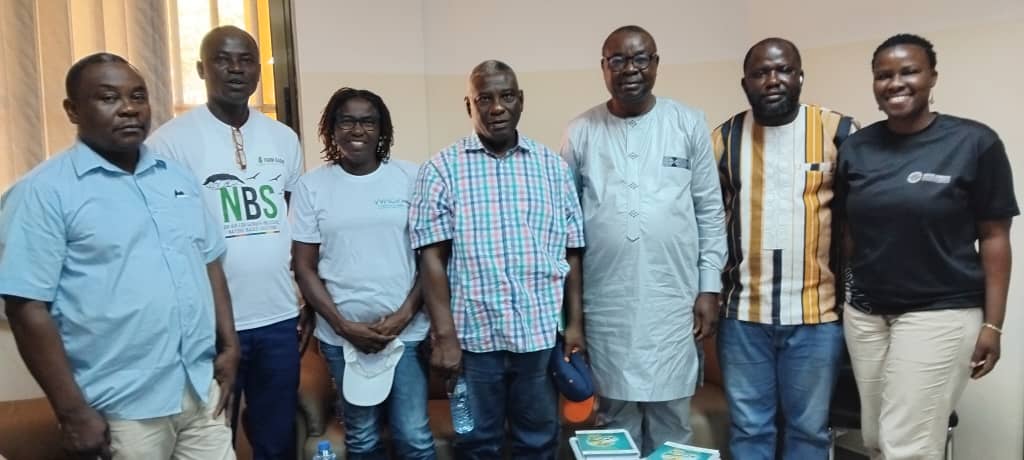
The delegation includes both institutional leaders and community representatives from coastal areas in Ghana. They aim to learn from Togo and Benin’s experiences to tailor effective strategies for local coastal management.
The trip is designed to offer valuable insights into the successful strategies and challenges encountered by Togo and Benin during WACA’s Phase One.
According to the project coordinator, the visit involves high-level engagements with institutional leaders and practical field assessments.
“We are here to understand the practical successes and challenges these countries faced during WACA Phase One. This will enable us to adopt strategies suitable for our unique coastal context,” he explained.
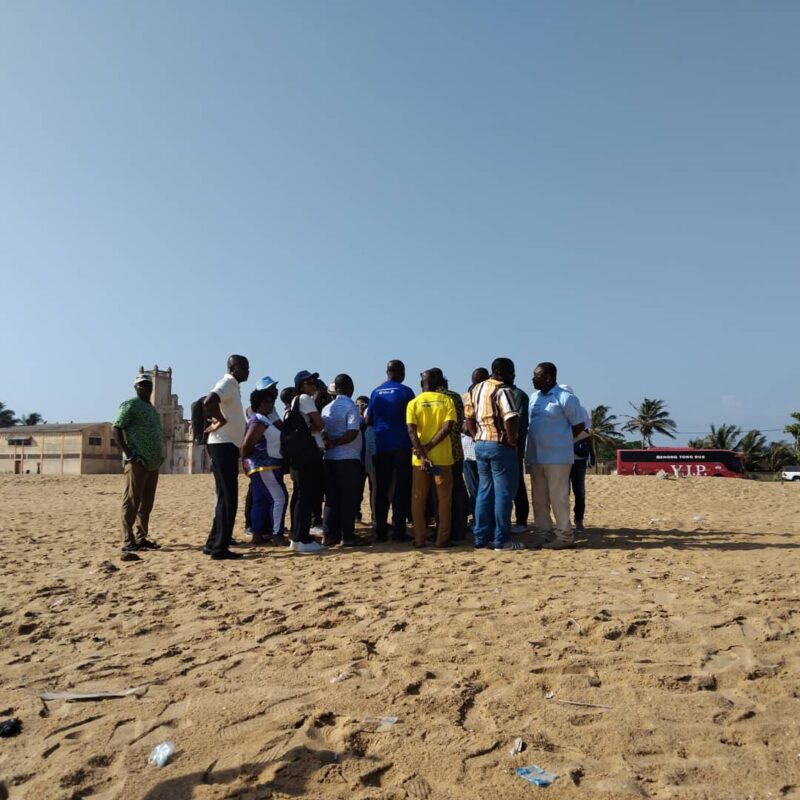
Key Areas of Focus
Institutional Engagement: The delegation will meet with officials involved in WACA’s implementation to understand the institutional frameworks, policies, and governance structures that contributed to their success.
Community-Level Insights: Field visits will allow Ghanaian community leaders to witness practical interventions firsthand.
“Our delegation includes opinion leaders from coastal communities such as Korle Gonno, Botianor, Glefe, and areas in the Volta Region. These leaders will gain insights into effective coastal management strategies,” a delegation member, Kofi Agboga noted.
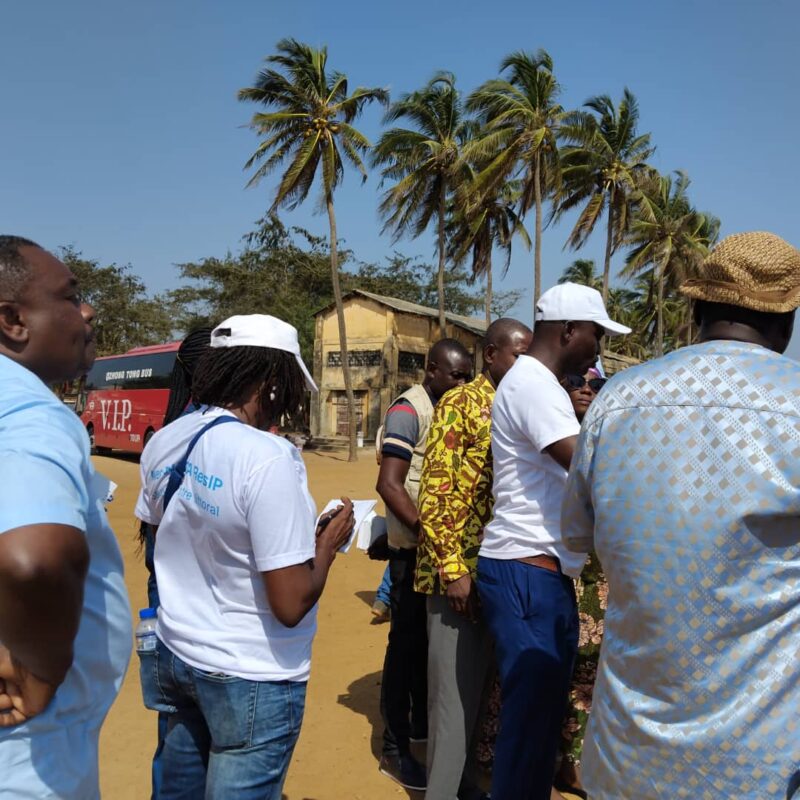
Importance for Ghana
Ghana’s participation in Phase Two of the WACA project presents a unique opportunity to apply proven strategies from neighboring countries.
Agboga emphasised that countries like Togo, Benin, Côte d'Ivoire, Mauritania, and Senegal have seen tangible benefits, including reclaimed eroded areas and sustainable coastal measures.
“We must draw lessons from these countries to shape our implementation strategy,” he added.
Inclusive and Accountable Implementation
The visit also underscores the importance of ensuring that the project remains inclusive and benefits local communities.
The coordinator highlighted that the combination of top-level discussions and on-the-ground assessments ensures alignment with broader coastal protection goals.
“We want to ensure the project remains accountable to citizens and aligns with the broader objectives of coastal resilience,” he stated.
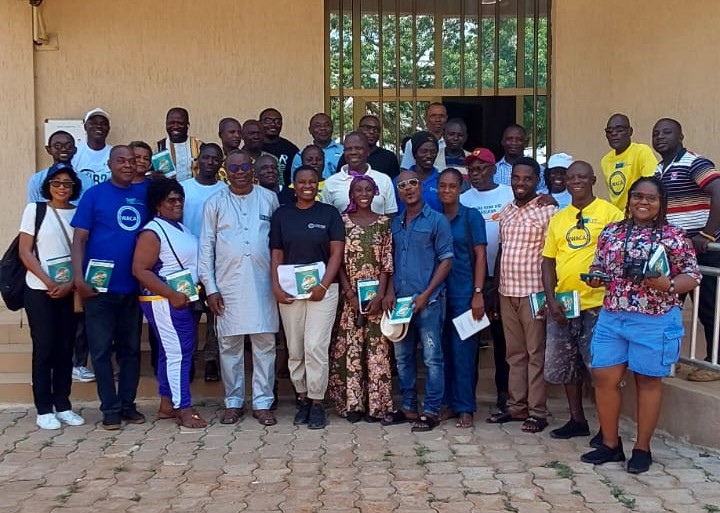
The insights gained from this study trip are expected to play a crucial role in shaping Ghana’s coastal protection framework. By learning from Togo and Benin, Ghana aims to build a robust, sustainable strategy that addresses local needs and challenges.
This initiative highlights the importance of regional collaboration in tackling shared challenges, setting the stage for a resilient future for Ghana’s coastal communities.
The CCF’s study trip to Togo and Benin represents a pivotal step in enhancing Ghana’s coastal resilience efforts. By leveraging regional experiences and fostering inclusive community involvement, Ghana is well-positioned to implement effective strategies under the WACA Resilience Project.
This collaborative approach promises to safeguard vulnerable communities and ensure sustainable coastal development.
Latest Stories
-
Black Queens friendlies against Senegal and Tunisia in limbo due to lack of $40k
2 mins -
Salah not distracted by contract talks – Slot
8 mins -
Lewandowski reaches 100 Champions League goals
15 mins -
Traders at Mallam Atta Market give Bawumia rousing reception
20 mins -
World’s oldest man dies aged 112
22 mins -
With God all things are possible – Bawumia to worshipers at Hebron Prayer Camp
29 mins -
Are 300,000 migrant children missing in the US?
32 mins -
Trump proves he is serious on tariffs – but it’s not about trade
36 mins -
Bawumia to commission electric buses on Wednesday
38 mins -
CSIR-SARI encourages farmers in Northern Ghana to embrace newly developed climate-smart, high-yielding Cowpea variety
42 mins -
Biden announces Israel and Hezbollah ceasefire deal agreed
43 mins -
MTN Ghana partners with Access Bank to offer smartphones to customers on flexible payment service
50 mins -
Our economy has come back to life – Finance Minister
57 mins -
We’ll replicate the biblical David and Goliath contest in Bole-Bamboi – NPP to NDC
59 mins -
Questioning Kufuor’s support for Bawumia is the height of impunity – Hackman to Alan
1 hour

